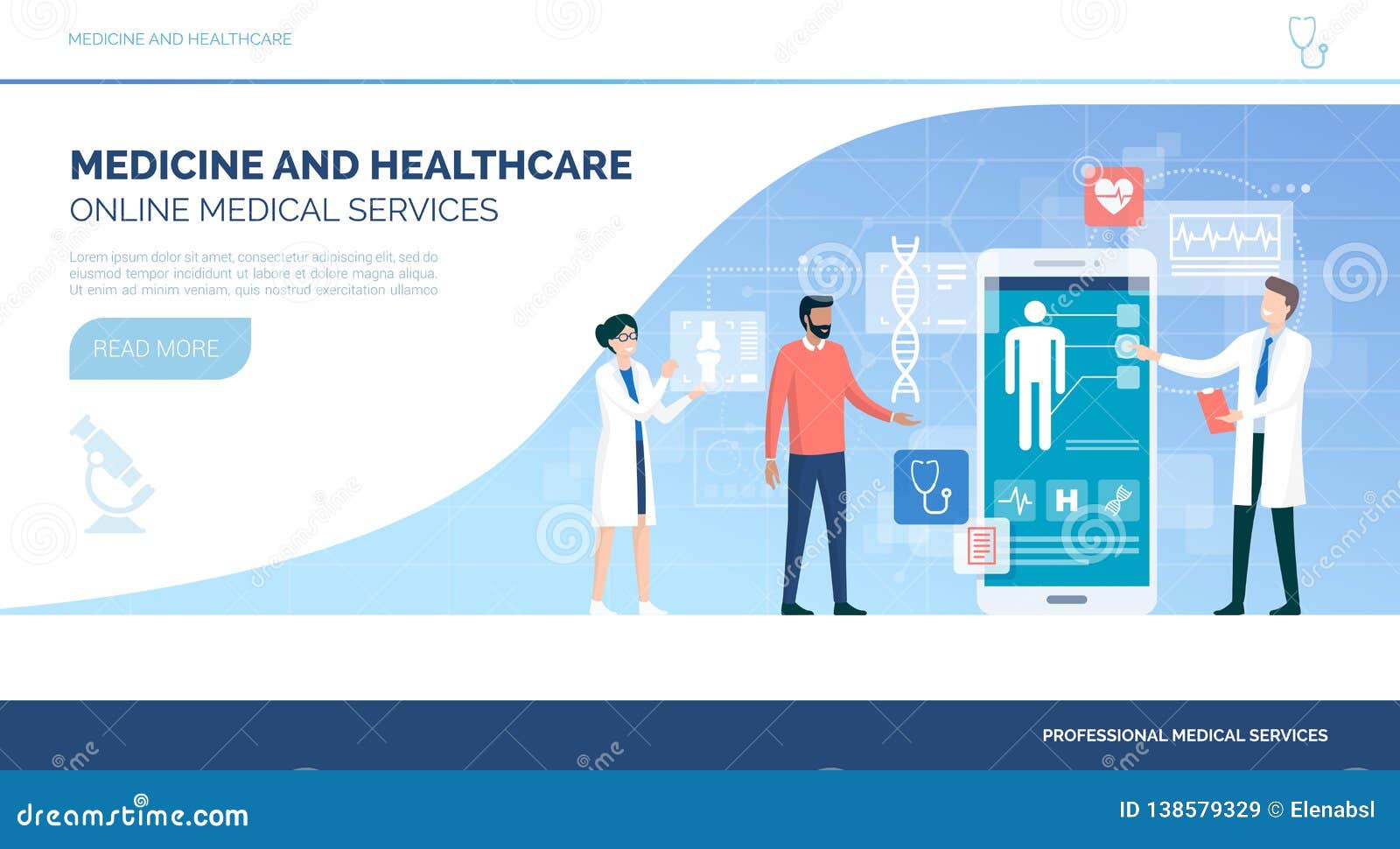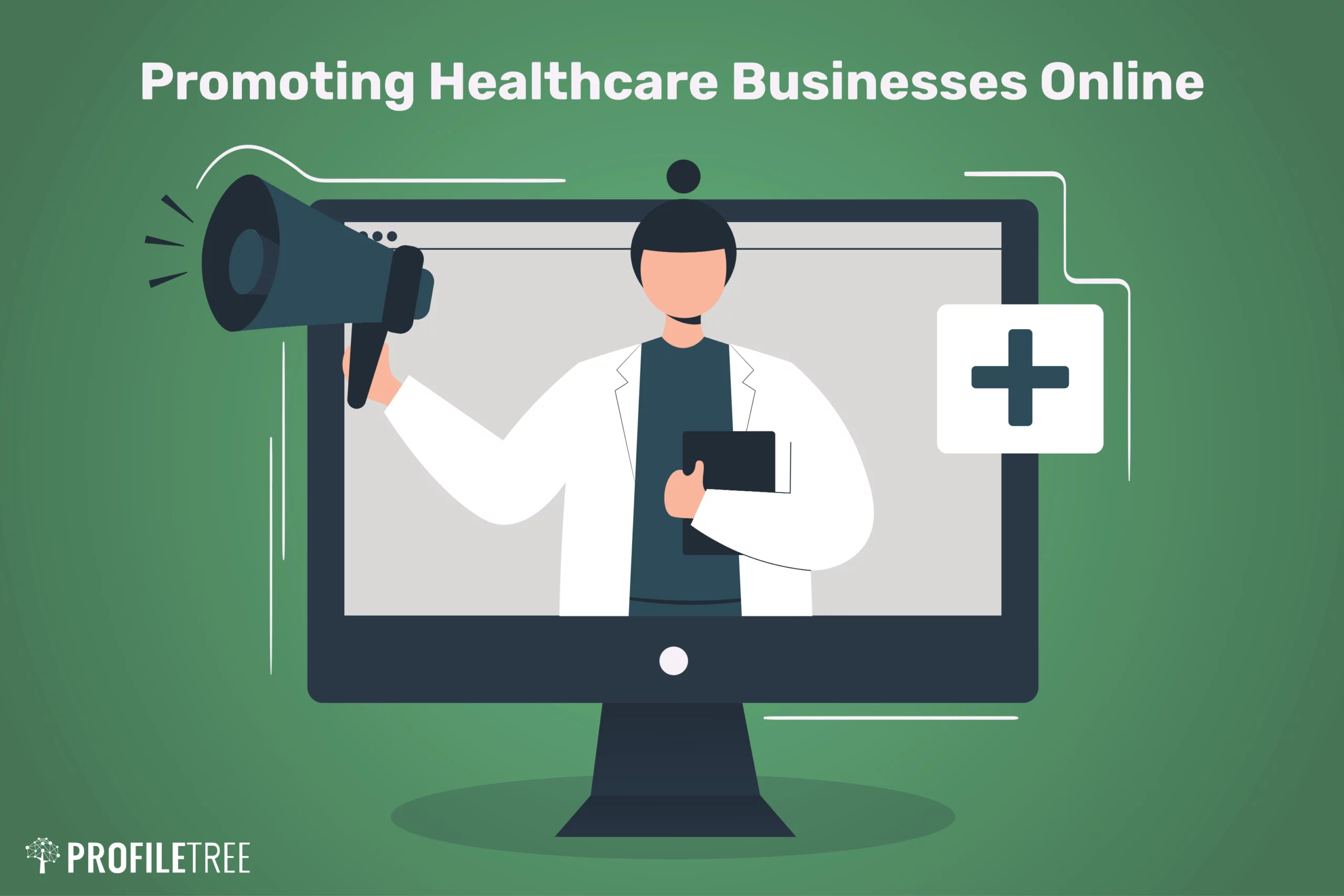Navigating the Future of Medication With Subscription-Based Health Care Solutions
As the health care industry develops, subscription-based solutions emerge as an essential model guaranteeing to improve client treatment distribution. The answers to these concerns can fundamentally change our strategy to healthcare.
Increase of Registration Healthcare
As health care systems around the globe face enhancing pressures from climbing prices and demand for services, the development of subscription-based medical care models has arised as a transformative fad. This innovative technique is interfering with traditional health care shipment by supplying a foreseeable, flat-rate payment structure for medical services. Rooted in the principles of concierge medicine, subscription-based healthcare allows suppliers to concentrate on personalized individual treatment while at the same time managing operational effectiveness.
The enhancing consumer need for transparency and predictability in medical care costs has driven the change towards this model. Subscription-based solutions typically offer straight access to medical care experts, which can decrease the management concerns linked with insurance coverage claims and repayments.
This model is obtaining traction among diverse health care carriers, from medical care physicians to specialized clinics, by straightening monetary motivations with constant and preventive care. By changing the focus from quantity to value-based treatment, membership medical care has the potential to improve the landscape, fostering a much more lasting and patient-centered technique to health and wellness administration.
Advantages for Patients

Additionally, subscription-based solutions frequently stress preventive treatment, motivating normal exams and wellness testings. This aggressive strategy can bring about very early discovery of wellness concerns, possibly enhancing results and minimizing lasting health care expenses for individuals. Such versions commonly supply clear prices, allowing people to much better comprehend their healthcare expenses and stay clear of unforeseen medical costs.
The individualized nature of subscription-based health care also boosts individual experience. Clients can receive customized healthcare strategies that fit their particular demands, promoting a more patient-centric strategy. This personalization can lead to better client satisfaction and adherence to therapy plans. In addition, membership services commonly integrate health cares, supporting individuals in maintaining total health and health. Eventually, these benefits jointly add to a much more effective, affordable, and patient-friendly healthcare experience.
Technology's Duty in Transformation

Expert system (AI) plays a crucial function in predictive analytics, aiding in investigate this site early medical diagnosis and customized therapy strategies. AI formulas analyze substantial datasets to identify patterns that could be neglected by human observation, therefore enhancing clinical decision-making. Electronic wellness documents (EHRs) improve patient information management, making certain connection and comprehensibility of treatment across numerous solutions and service providers.
Blockchain technology boosts data security and personal privacy, important for maintaining person count on digital systems. It enables clear and protected transactions of clinical information, making sure that sensitive info remains secured. With the integration of artificial intelligence and AI, blockchain can automate complicated healthcare processes, lowering administrative worries.
Considerations and difficulties
While technology pushes the abilities of subscription-based medical care solutions, it additionally presents a collection of obstacles and factors to consider that have to be addressed to ensure successful implementation. One significant challenge is the equitable accessibility of these services.
Data personal privacy and security stand for an additional critical factor to consider. Subscription-based solutions usually require the collection and storage space of large amounts of personal health details. Providers must abide by rigorous information security policies to maintain patient trust fund and protect against unapproved gain access to, which could lead to substantial honest and legal repercussions.
As medical care requires progress, preserving a cost-effective balance between subscription costs and solution quality is essential to prevent client frustration and attrition. Resolving these difficulties is crucial as subscription-based healthcare services proceed to increase and evolve.
Future Ramifications for Medication
Subscription-based healthcare services are poised to substantially affect the future landscape of medicine by improving how care is accessed and provided. These designs provide the prospective to democratize healthcare access, offering patients Find Out More with more customized and timely treatments. By leveraging modern technology, such as telemedicine and information analytics, membership services can facilitate continuous surveillance and customized health and wellness administration, thus improving end results and lowering the worry on standard health care systems.
As these services gain grip, they might promote a shift in the direction of preventative care, emphasizing the importance of very early detection and management of persistent conditions. This proactive strategy may ultimately lower health care costs by minimizing the requirement for expensive therapies developing from late-stage disease monitoring. Subscription designs offer a scalable option to deal with differences in healthcare access, particularly in rural or underserved populations.
Nonetheless, the transition in the direction of subscription-based models demands dealing with honest and regulatory considerations, consisting of data privacy and fair access. As the market advances, collaborative initiatives in between policymakers, technology designers, and medical care companies will certainly be essential to establishing durable structures that safeguard person passions while fostering development. Inevitably, these solutions promise to contribute substantially to an extra reliable, patient-centered healthcare community.

Final Thought
Subscription-based healthcare services stand for a substantial advancement in the clinical area, using predictable costs and personalized care that boost click this site access and focus on precautionary measures. As the healthcare landscape advances, subscription versions are poised to play a critical duty in forming the future of medicine.
As the health care market progresses, subscription-based solutions arise as an essential design promising to reshape person treatment delivery.As healthcare systems around the globe face boosting pressures from climbing expenses and demand for solutions, the development of subscription-based healthcare versions has actually emerged as a transformative trend (subscription based healthcare).With the rise of subscription-based healthcare versions improving conventional medical care shipment, patients are starting to experience considerable benefits from this cutting-edge method. As medical care needs evolve, preserving an economical equilibrium between registration charges and solution quality is essential to avoid person discontentment and attrition.Subscription-based medical care services are positioned to considerably affect the future landscape of medicine by reshaping just how care is accessed and provided